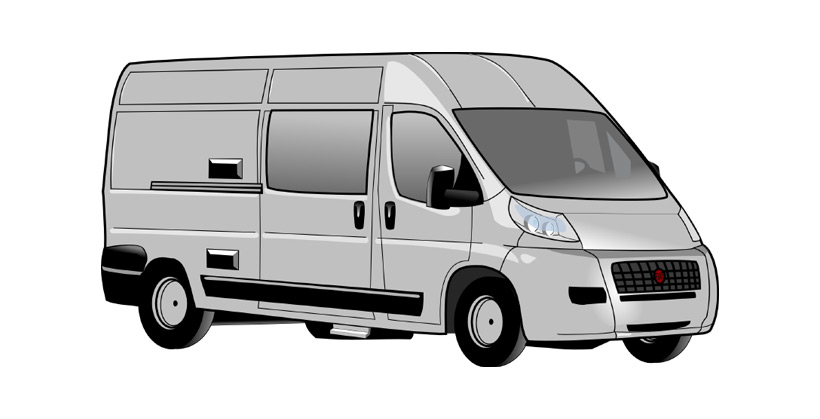Van or car? What’s the difference?

You would think that it's easy to tell the difference between a car and van, but there are some grey areas. Vehicles like the VW Kombi and the Vauxhall Vivaro have options to have additional side-windows and seats behind the driver. While they are still sold as 'vans', for tax purposes they are considered to be cars.
What difference does it make whether a vehicle is categorised as a car or a van? Where HMRC are concerned - a great deal of difference.
There has been a case dragging on between Coca Cola and HMRC about modified crew-cab vans. At the tribunal their VW Kombi vans with additional seats were deemed to be cars, but the Vauxhall Vivaros were considered vans - just.
This went to an upper tribunal - with the same result. Coca Cola appealed and the Court of Appeal decided that if they were multi-purpose vehicles, they were all cars.
The definition of a van is that it is primarily a goods carrying vehicle. Extra seats and windows mean it is as much a mini-bus or people carrier as a van.
The tax implication
Who cares if a vehicle is designated a car or a van, as long as it does what's needed?
HMRC do - and if you're an employer who has given any employee one of these multi-purpose vehicles to use for work - and privately - it's going to have a big impact on everyone's tax bill.
A vehicle given for employees to use privately as well as for work is considered a benefit in kind. These are taxable. As a van the additional tax is negligible, but as a car, the taxable value is based on emissions and the price of the vehicle when new, which tend to be much higher for vans.
That's a benefit that has suddenly become a millstone.
Ask before you buy
There are still plenty of grey areas. It has yet to be confirmed if a double cab pickup still falls into the van or car category after historically having HMRC's approval to be classified as a van.
If you're considering buying a vehicle that can has more than one row of seats, even if it looks like a van - talk to your accountant first before committing to the purchase. You could save you and your employees a great deal of grief later.